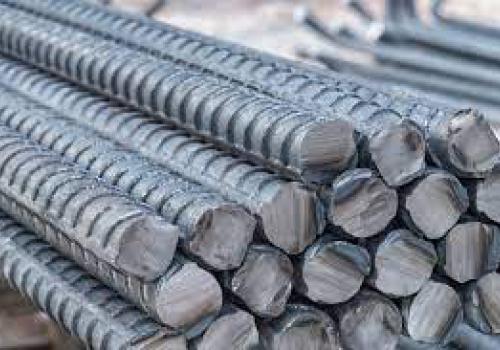US imports for consumption of concrete reinforcing bars totaled 104,520 mt in August, down 25.8% from July, according to the most recent US Census data. As domestic mill availability continues to improve, the need for imports has decreased with the demand outlook slowing and the focus on drawing inventories and only buying what is needed to meet current demand. Market participants are expecting import arrivals to remain limited through the fourth quarter. “Still no firm interest for imports so there are no solid offers,” a trader said. Some long product mills continued to see inventories rising slightly for October. Rounding out the top three countries were Turkey, with 53,268 mt; Mexico, with 24,392 mt; and Algeria, with 11,665 mt. From January through August, US imports totaled 999,645 mt, up 32.36% year on year. Houston saw the majority of imports again, with 40,331 mt landing in the region during the month, followed by Philadelphia at 27,498 mt, with nothing seen going into Florida. Laredo, Texas, saw 16,497 mt entering the district, followed by El Paso, Texas, at 5,100 mt. Imports from Canadian mills, mainly into Buffalo and Ogdensburg, New York, were seen at 7,279 mt. Traders in Houston have seen stocks at the ports rise as domestic prices have fallen by $225-$265/st in the South from the high last seen June 24.
Spot offers at the ports in Houston have moved down to the $920-$940/st as mills in Texas were last heard offered at the $955-$995/st level, depending on mill location. According to Panjiva data, Houston again saw larger shipments last hitting the port Sept. 29, in the amount of 20,137 mt from Turkey as activity has been picking up, according to market participants. Traders are continuing to expect more material from Mexico to move into Texas because of shorter deliveries and lead times with domestic mills busy in the region. Stocks at the ports in Florida continue to decline with the lack of newly imported material and domestic mill offers falling to the $920-$940/st level. Macro uncertainties remain at the forefront, with buyers still focused on drawing inventories, which shorter domestic lead times have allowed if buyers have to make spot purchases to meet demand from new business. Rebar mill margins are still around 60% higher than they were the last time shredded scrap prices were at these levels in December 2020, although other input costs have risen significantly in that time and buyers felt prices won’t fall to pre-pandemic levels despite where scrap prices fall. The sentiment was mostly steady as only one Texas mill lowered prices Sept. 7, while Florida mills dropped prices by $60 or more in the state during the same week. Distributors in the Midwest and Southeast said prices were stable at least for now as they heard mills were being selective and only decreasing in certain states or regions but did expect prices could fall in the fourth quarter because of seasonality, especially in the Midwest and Northeast. Platts last assessed US Southeast rebar at $985-$995/st Sept. 30, unchanged on the week, while Platts assessed weekly US Midwest rebar at $980-$990/st, also unchanged, according to S&P Global Commodity Insights. All prices are on an ex-works basis.
